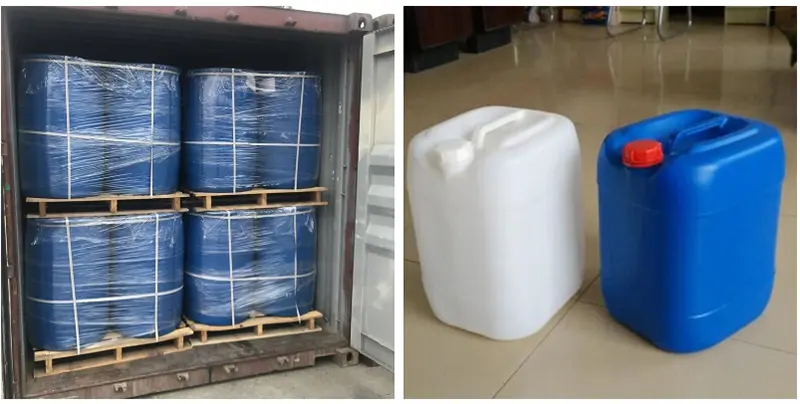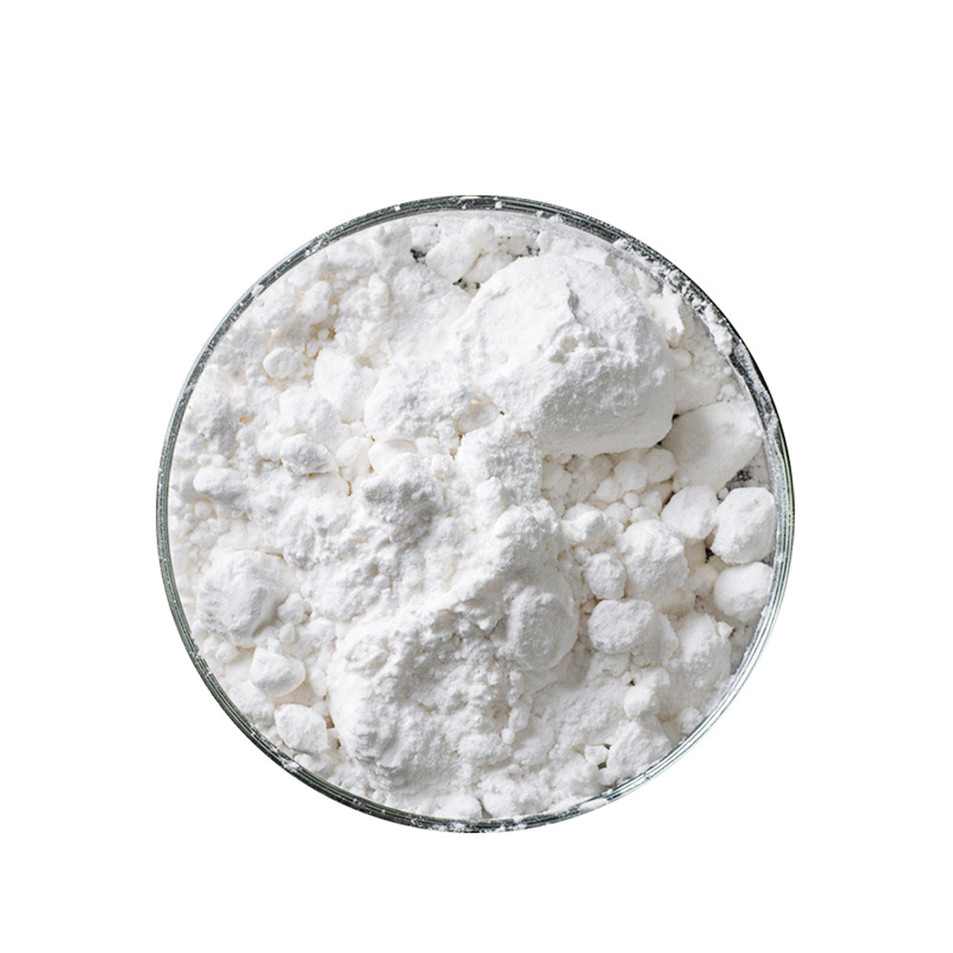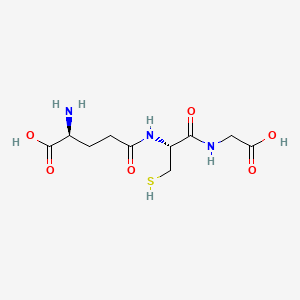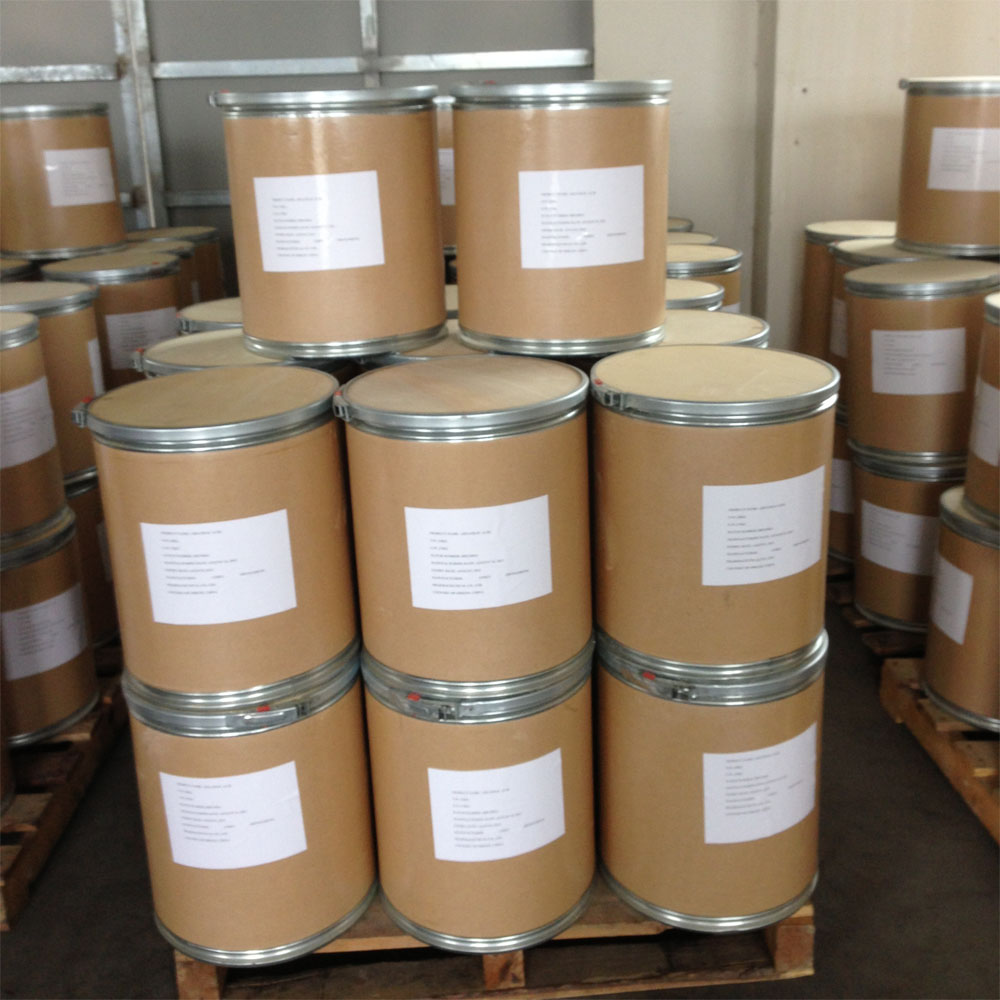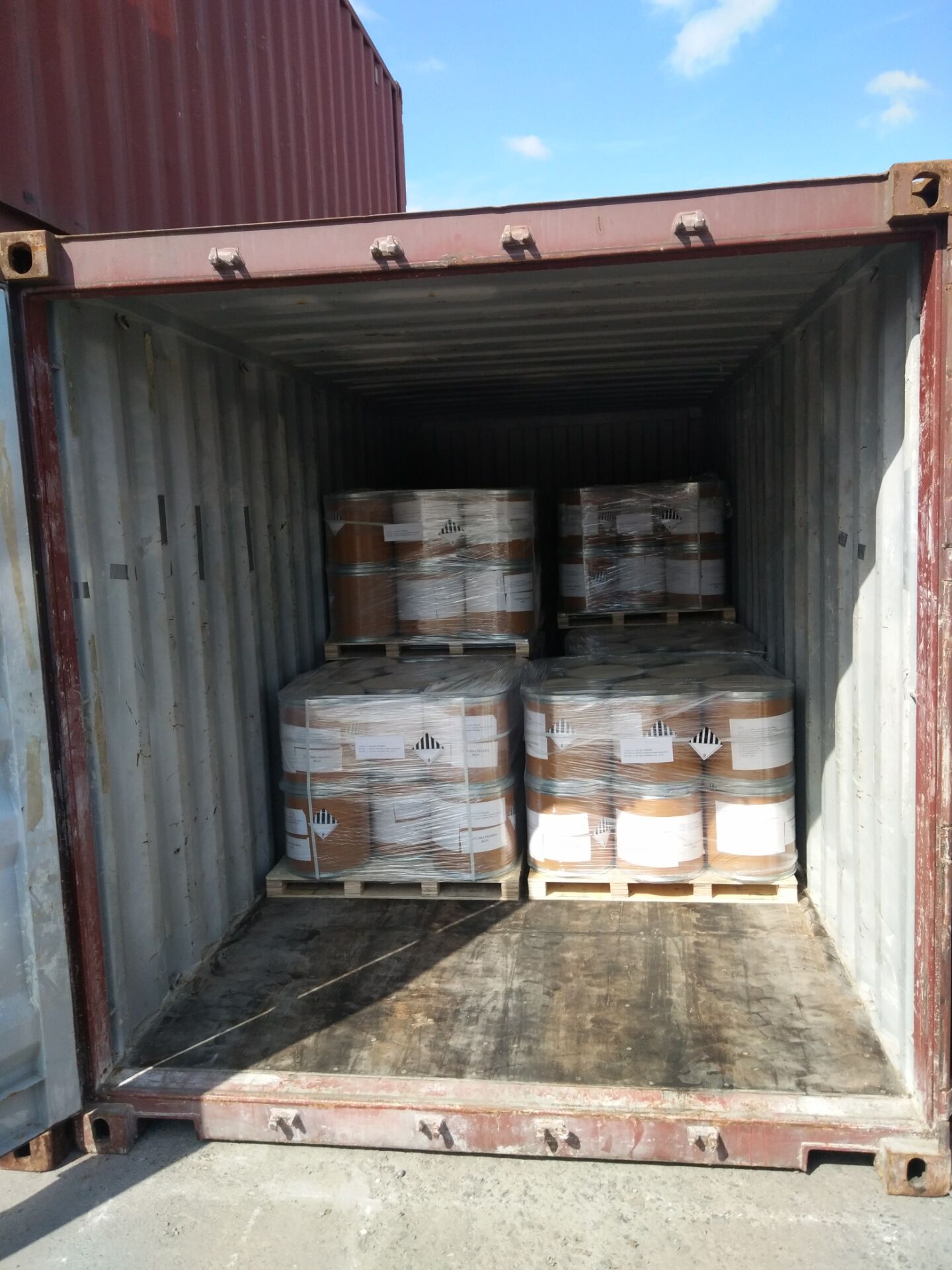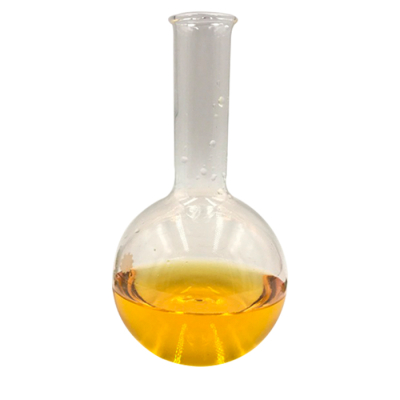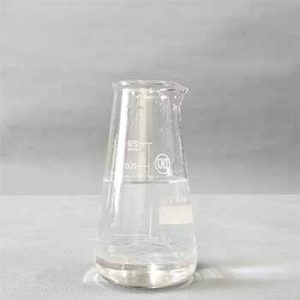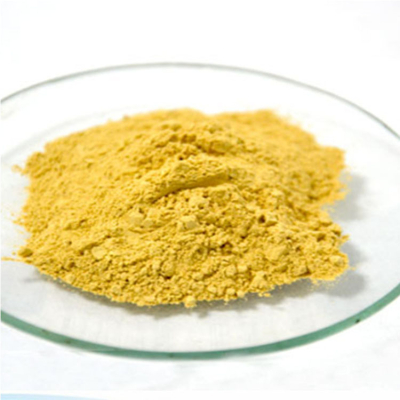Glutathione CAS#70-18-8
Glutathione CAS#70-18-8 Promotion Season Now in Store and Free Sample for Testing with Factory Price
Chemical Name:Glutathione
CAS No.:70-18-8
Molecular Formula:C10H17N3O6S
Molecular weight:307.32
Sample: Available
Mode of Transportation
1. By Air, fast but expensive.
2. By Sea, usual and economy.
3. By Train, suit for middle Asia countries.
4. By Express, suit for small package.
We only provide highest quality goods available, accompanied by after support!
Products Description of Glutathione CAS#70-18-8
Glutathione is a tripeptide compound formed by glutamic acid, cysteine and glycine through peptide bond condensation. It is the most important low-molecular thiol for anti-oxidative stress in mammalian cells. It was discovered in 1921 and its chemical structure was determined in 1930. Dr. Al Mindell, a famous American nutrition and health expert, called glutathione a triple-effective anti-aging amino acid. It is also known as nature's antioxidant master. It has the appearance of colorless, transparent, elongated granular crystals. It is soluble in water, dilute alcohol, liquid ammonia, dimethylformamide, and insoluble in ethanol, ether, and acetone. Its properties are stable when it is solid, and its aqueous solution is easily oxidized to oxidized glutathione in the air. It is widely present in baker's yeast, wheat germ, animal liver, chicken blood, pig blood, tomatoes, pineapples, and cucumbers. Among them, wheat germ and animal liver have the highest content, with a content of up to 100-1000 mg/100g. It has the functions of anti-oxidation, scavenging free radicals, detoxification, enhancing immunity, delaying aging, anti-cancer, and anti-radiation hazards. It also helps white blood cells kill bacteria, prevents oxidation of vitamins C and E, and prevents stroke and cataract formation. In addition, glutathione also has the function of binding carcinogens and excreting them out of the body through urine.
Glutathione Chemical Properties
Melting point | 192-195 °C (dec.) (lit.) |
-16.5 º (c=2, H2O) | |
Boiling point | 754.5±60.0 °C(Predicted) |
density | 1.4482 (rough estimate) |
refractive index | -17 ° (C=2, H2O) |
storage temp. | 2-8°C |
solubility | H2O: 50 mg/mL |
form | powder |
pka | pK1 2.12; pK2 3.53; pK3 8.66; pK4 9.12(at 25℃) |
color | White |
PH | 3 (10g/l, H2O, 20°C) |
Odor | Odorless |
Water Solubility | soluble |
Merck | 14,4475 |
BRN | 1729812 |
Sequence | H-γ-Glu-Cys-Gly-OH |
Stability: | Stable. Incompatible with strong oxidizing agents. |
InChIKey | RWSXRVCMGQZWBV-WDSKDSINSA-N |
LogP | -1.645 (est) |
CAS DataBase Reference | 70-18-8(CAS DataBase Reference) |
EPA Substance Registry System | Glutathione (70-18-8) |
Safety Information
Hazard Codes | Xi |
Risk Statements | 68-36/37/38 |
Safety Statements | 24/25-36/37/39-27-26 |
WGK Germany | 2 |
RTECS | MC0556000 |
F | 9-23 |
TSCA | Yes |
HS Code | 29309070 |
Product Application of Glutathione CAS#70-18-8
Endogenous antioxidant that plays an important role in the reduction of reactive oxygen species formed during cellular metabolism and respiratory bursts. Glutathione-S-transferase catalyzes the formation of glutathione thioethers with xenobiotics, leukotrienes, and other molecules with electrophilic centers. Glutathione also forms disulfide bonds with cysteine residues in proteins. Through these mechanisms, it can have the paradoxical effect of reducing the effectiveness of anticancer agents.
Factory and Equipment Show
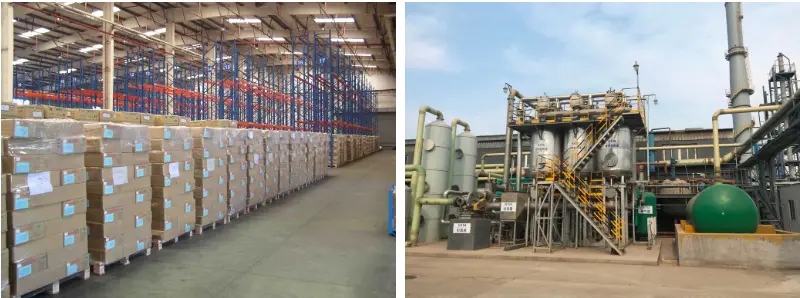
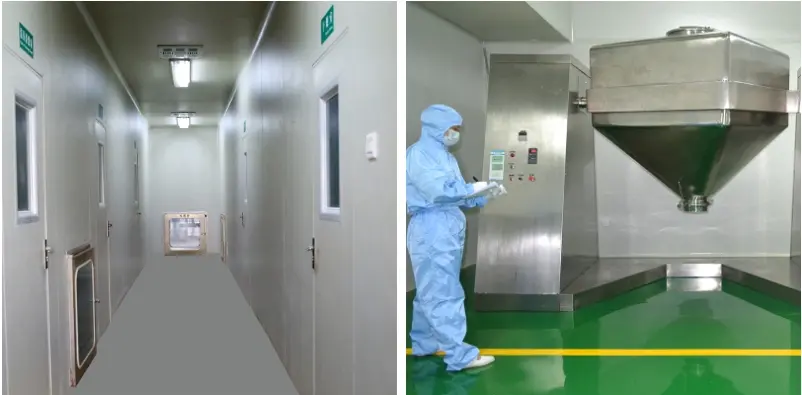
Fast delivery time
Inventory 2-3 working days New production 7-10 working days
